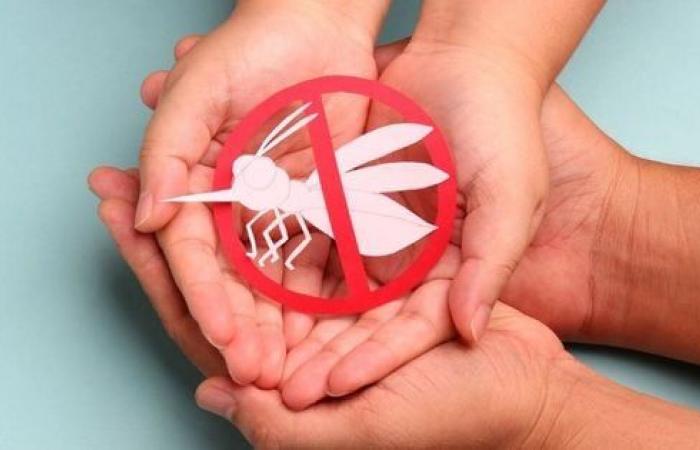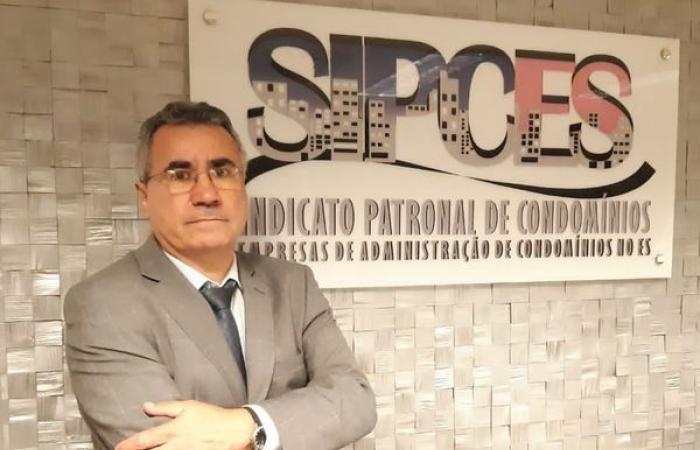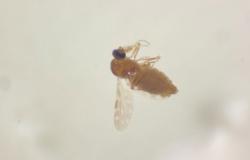*Gedaias Freire
Creating a Public Health Emergency Operations Center for dengue or establishing a National Day to Combat Dengue is very little in terms of public policy to combat the disease, which already records more than 2 million cases in Brazil and more than 700 deaths.
Data released by the Ministry of Health reveals that, in 2023, cases surpassed the numbers of the last seven years and, more seriously, in just three months of 2024 we have already surpassed the cases recorded in 2023. We can imagine that something is wrong in this country in effective fight against dengue or are we still discussing past policies?
Some states of the federation have already declared a state of emergency. São Paulo and Espírito Santo are examples, where recognizing the seriousness of the problem and moving public structures to combat dengue is fundamental, raising citizen awareness is elementary and crucial to reducing registered cases.
In general, dengue symptoms include high fever, headaches, body aches (muscle and joint), nausea, vomiting and, in the severe form, bleeding, which in this case can evolve into hemorrhagic dengue, which can lead to death. .
We do not need to discuss the causes of the increase in dengue cases in Brazil and around the world. The news reports the manifestation of the World Health Organization (WHO), global warming, lack of universal basic sanitation, especially treated sewage. We still have many problems in this segment, there is a long way to go to eradicate open dumps, ditches where sewage is deposited, houses without water or sanitary sewage, increasing the suffering of a population tired of promises.
The blunt truth: the State does not have the “legs” to deal with these challenges. Involving the private sector is the solution, but there is no consensus among society’s actors on this.
We need to evolve and not just wait for actions from the State, as we are transformative agents who must act in a coherent and united way to combat outbreaks or places where the mosquito Aedes aegypti lays its eggs and reproduces.
Condominiums may have sources of breeding sites for the mosquito that transmits dengue fever, so property managers and residents must implement simple and concrete actions to ward off this evil.
Initially, condominiums and condominium management companies, through the employer union entity (Sipces), must be guided on practices that can and should be adopted by property managers. These, in turn, as relationship agents with residents, must publicize the guidelines or routinely adopt actions to avoid mosquito outbreaks.
It is up to the property manager, under the terms of the law, to maintain the conservation and maintenance of common areas. Herein lies the legal role to implement all foreseeable actions to prevent the Aedes aegypti make your breeding sites in common areas and private units.
Condominium owners, as provided by law, can use their units, but respecting three basic principles: peace, safety and the health of other residents. Therefore, they also have a legal obligation to prevent dengue outbreaks in their homes or apartments.
The property manager must guide and educate his condominium owners towards the sustainable consumption of natural goods in favor of a better environment, but, above all, prevent his units from having breeding grounds for mosquitoes, especially Aedes.
In the condominium, among countless actions, it is the property manager’s responsibility to check whether the water tanks are properly covered, that there is no standing water or open containers in the common areas that could be home to mosquitoes, that the gutters are clean and there is no standing water.
In buildings with green areas, greater care must be taken: check plant pots and even plants that contain stagnant water, keep swimming pools clean and correctly treated. This routine must be daily, especially after rain. Furthermore, as mentioned above, guide residents and even notify them in cases of evidence of carelessness in the maintenance and upkeep of the unit.
Residents, in turn, can place screens on windows and drains, avoid water in plant pots, keep toilets always clean and flush regularly, properly dispose of trash, properly bagged and placed in containers.
We are a chain of good, we need to assume our commitment to the well-being of the community, each one playing their role in favor of everyone’s health. Exposing the lives of others to risk can constitute a crime provided for in the Penal Code, yet another reason for the involvement of property managers and residents.
*Gedaias Freire He is president of the Employers Union of Condominiums and Condominium Management Companies of Espírito Santo (Sipces).
This text does not necessarily reflect the opinion of A Gazeta.
Did you see any errors?
Talk to the Editor
Report Error
Have you noticed any incorrect information in the content of A Gazeta? Help us fix it as quickly as possible! Click the button on the side and send your message.
Talk to us
Send your suggestion, comment or criticism directly to the editors of A Gazeta.
Tags: Condominiums residents unite fight dengue
--






